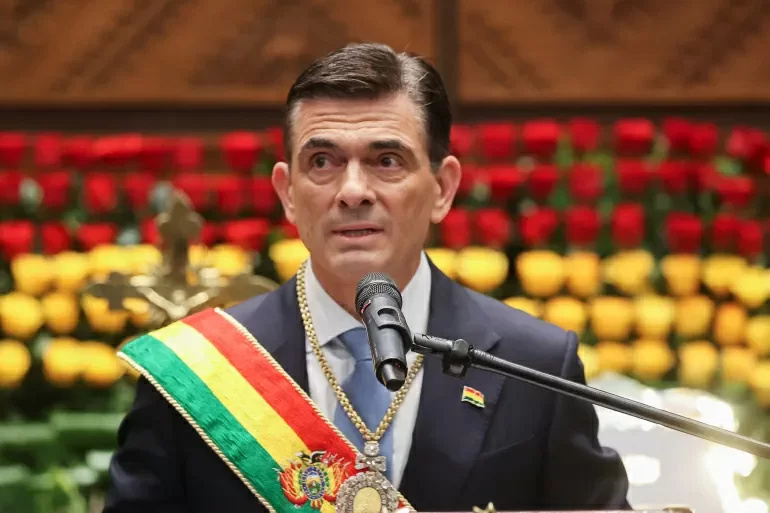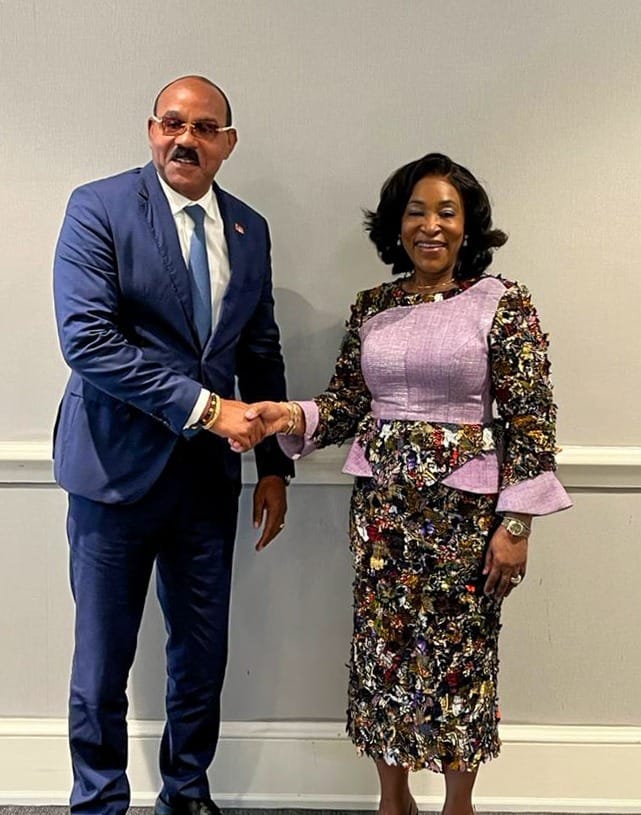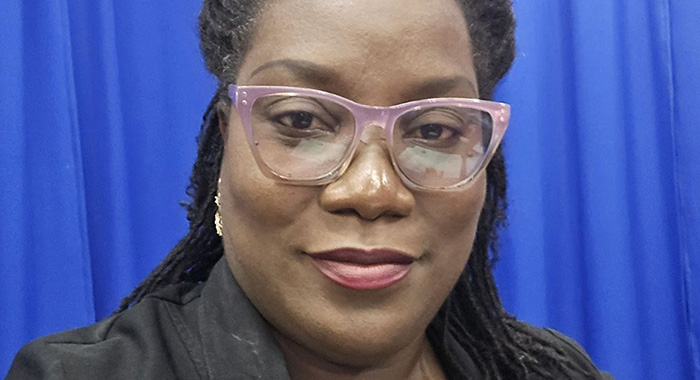A significant legal proceeding is unfolding in the High Court involving two individuals charged with transmitting electronic communications containing offensive content about a protected complainant. The case has direct connections to the previously concluded criminal proceedings against former parliamentarian Michael Browne.
The defendants, identified as Jafari Matthews and Jerri-Ann King, both residents of Sea View Farm, face serious allegations of intentionally disseminating objectionable messages without legal justification. According to prosecution details, these electronic communications specifically referenced the high-profile case that resulted in Mr. Browne’s acquittal in 2021. Browne previously served as the All Saints West representative in parliament.
Court documents reveal that the initial charges against Matthews and King were filed in January 2022, with the Magistrates’ Court granting bail under stringent conditions that explicitly prohibited any further defamatory statements against the complainant. The case underwent judicial escalation, being formally committed to the High Court in July 2023.
During a recent hearing held on Friday, court proceedings indicated that while the formal indictment has not yet been formally submitted, judicial authorities anticipate its imminent filing. The presiding justice subsequently scheduled the next hearing for March 6, 2026, allowing substantial time for case preparation. Both defendants maintain their bail status pending future proceedings.
This legal action originates from allegedly malicious online activities that occurred following the conclusion of one of the nation’s most closely monitored criminal prosecutions in recent years. The case highlights growing concerns about digital harassment and the judicial system’s response to protecting victims in high-sensitivity legal matters.









